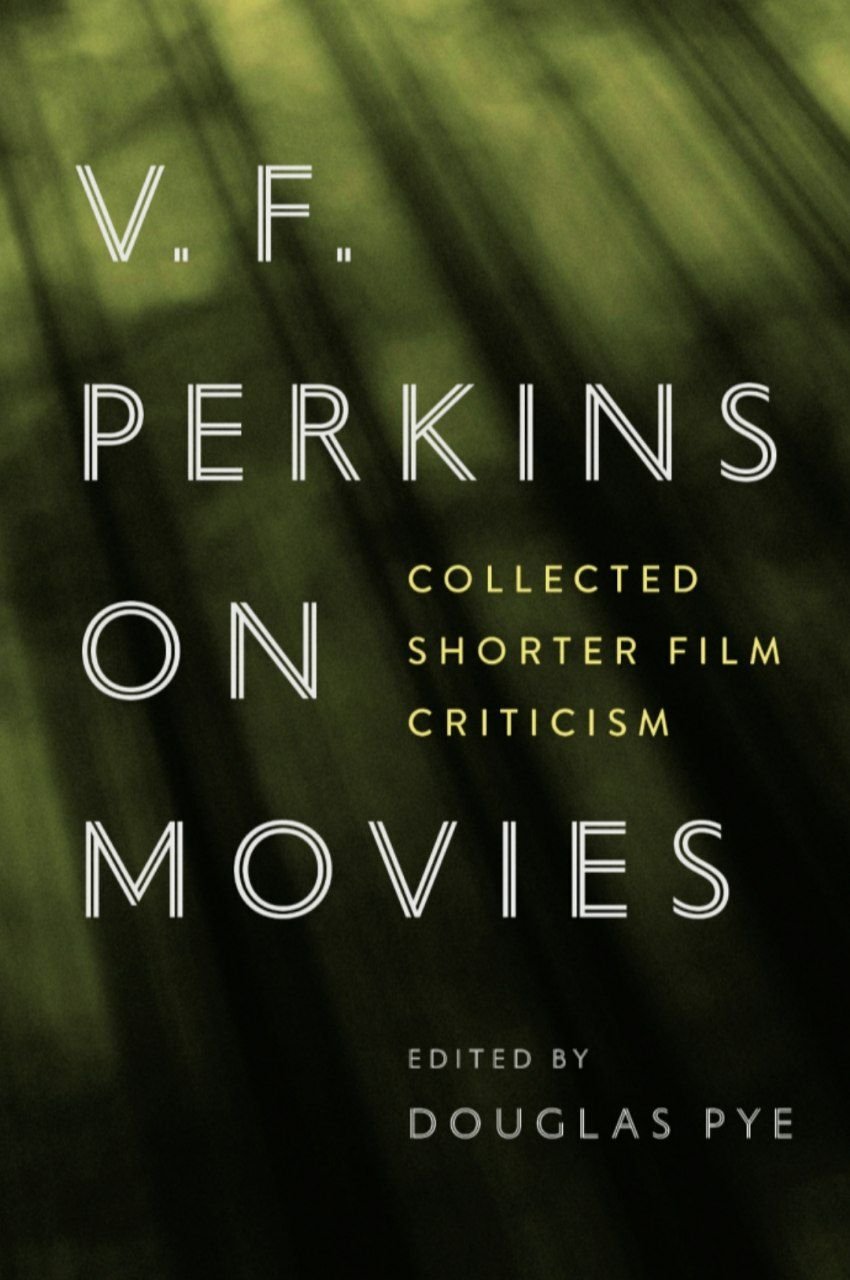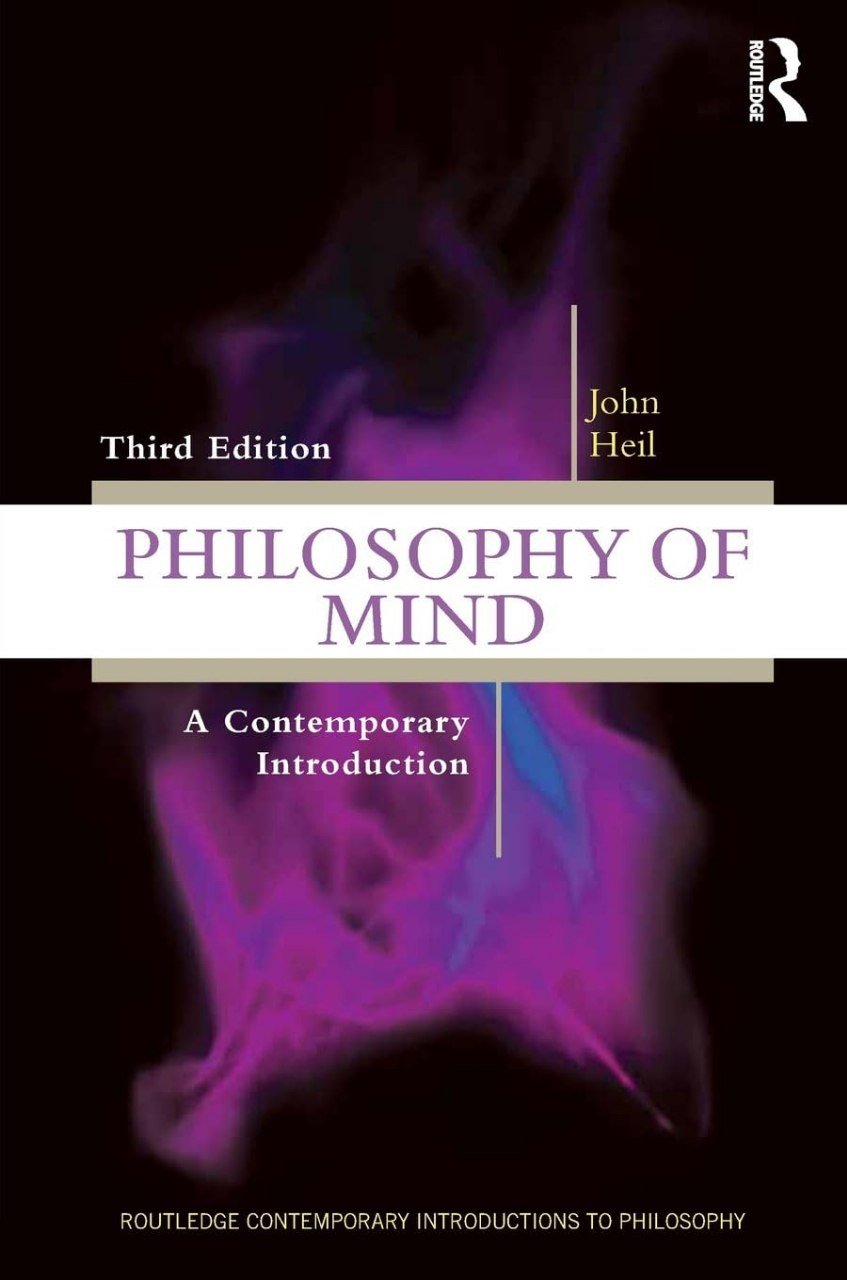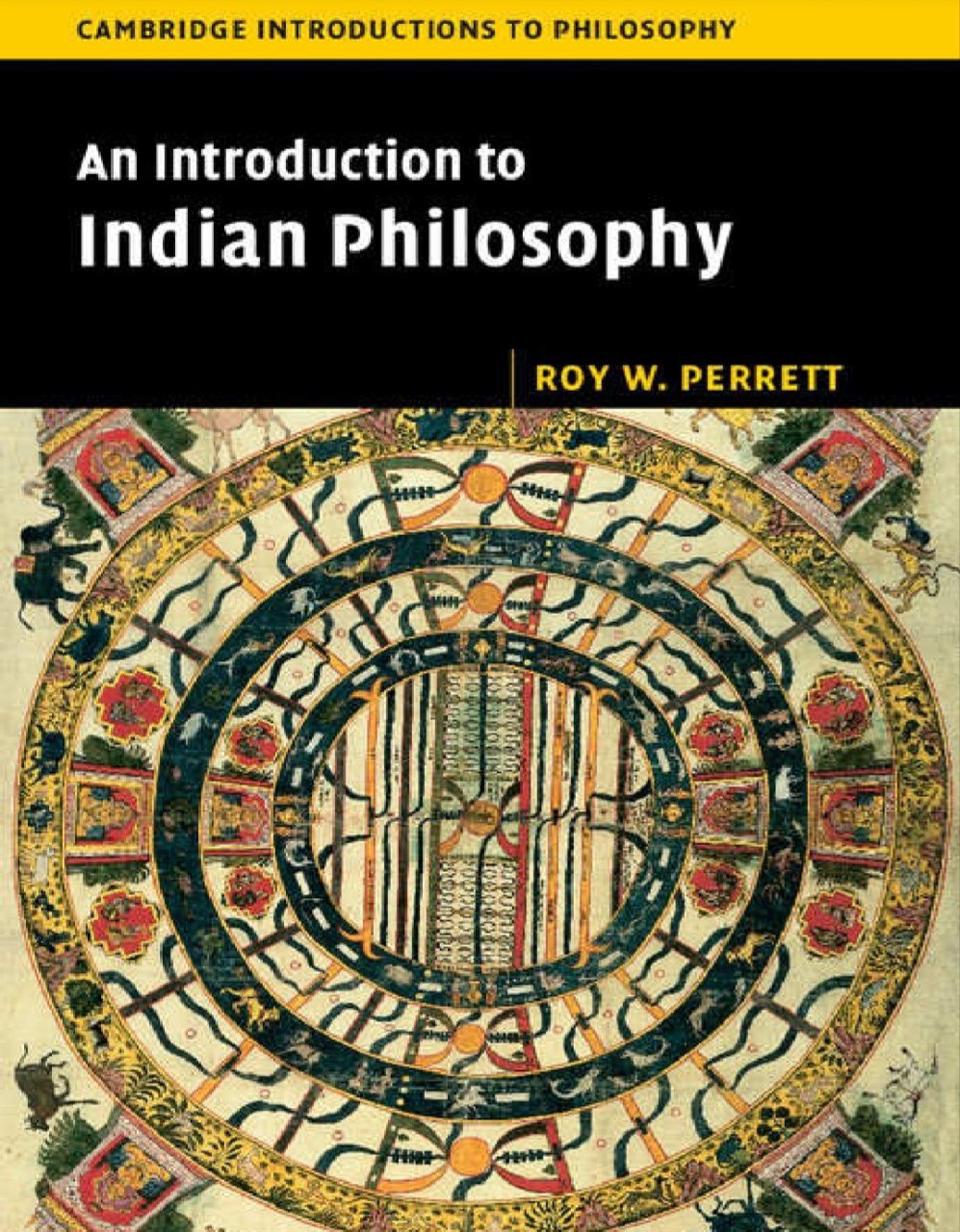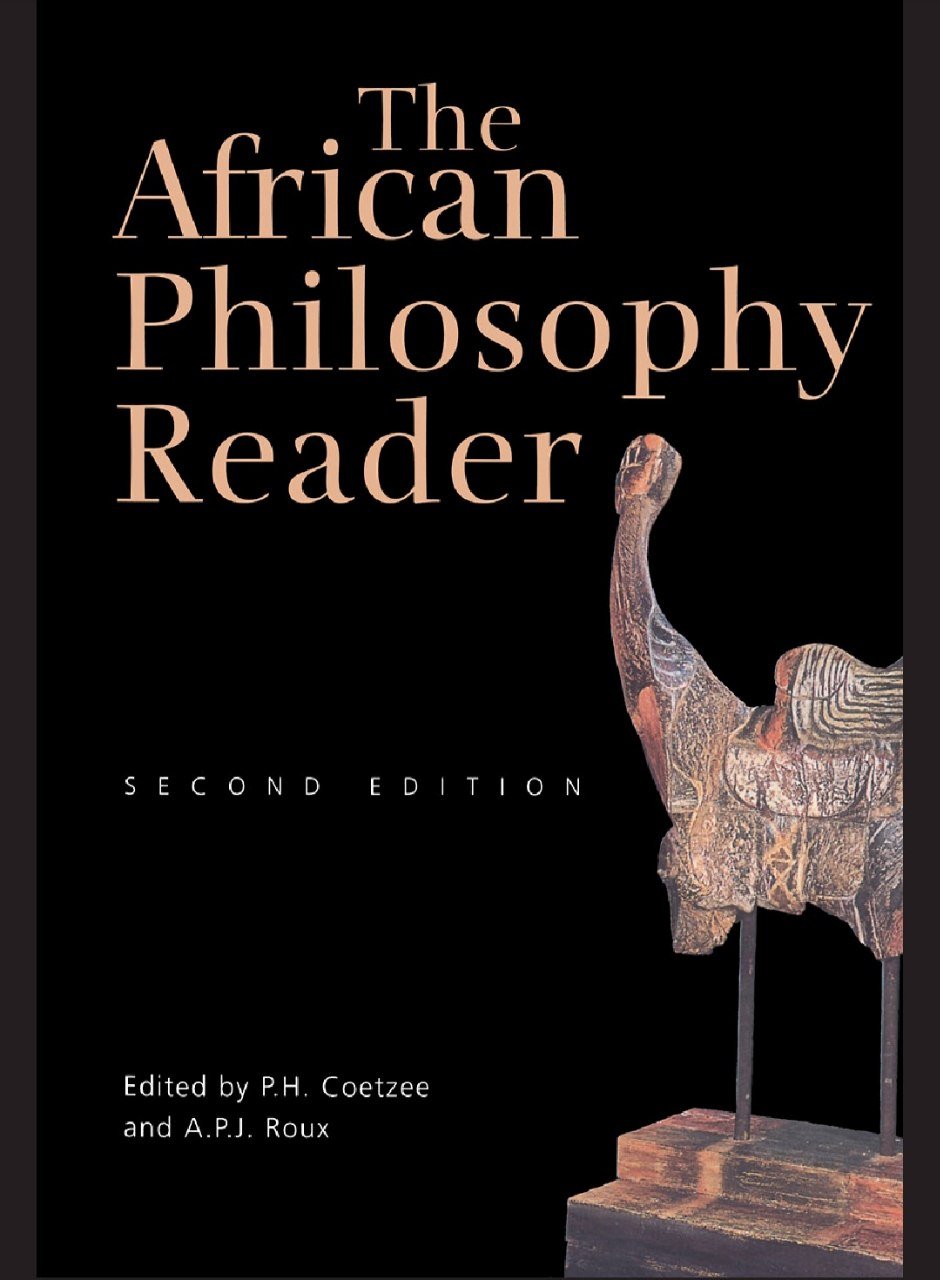

Roland Barthes' Cinema by Philip Watts
Reviews
No review yet. Be the first to review this book!
Description
Roland Barthes' Cinema by Philip Watts explores the influential French theorist Roland Barthes' complex and often ambivalent relationship with cinema. Although Barthes never wrote a dedicated book on film, his theoretical work deeply influenced film studies, semiotics, and visual culture. Watts examines how Barthes engaged with cinema through his writings on photography, narrative, and textual analysis, offering a fresh perspective on his contributions to film theory. The book traces Barthes' evolving views on cinema, from his early structuralist readings of film as a language-like system to his later, more personal and affective responses to images. Watts discusses Barthes’ reflections on key cinematic concepts, such as the punctum (a sudden, deeply personal response to an image) and the interplay between stillness and movement. He also connects Barthes’ ideas on myth, ideology, and authorship to cinematic discourse, showing how his theoretical tools can be applied to film analysis. By engaging with Barthes’ scattered yet insightful thoughts on cinema, Watts reconstructs a Barthesian film theory that resonates with contemporary discussions on spectatorship, meaning-making, and the emotional experience of watching films. This book is an essential resource for scholars of film theory, semiotics, and French intellectual history, offering a deeper understanding of Barthes' cinematic imagination.


















 Apr 30, 2025
Apr 30, 2025

.jpeg)







.jpg)
.jpg)
.jpg)




.png)






.jpg)







.jpeg)

.jpg)













.jpeg)







.jpeg)
.jpg)

.jpg)


.jpeg)




.jpg)





















































